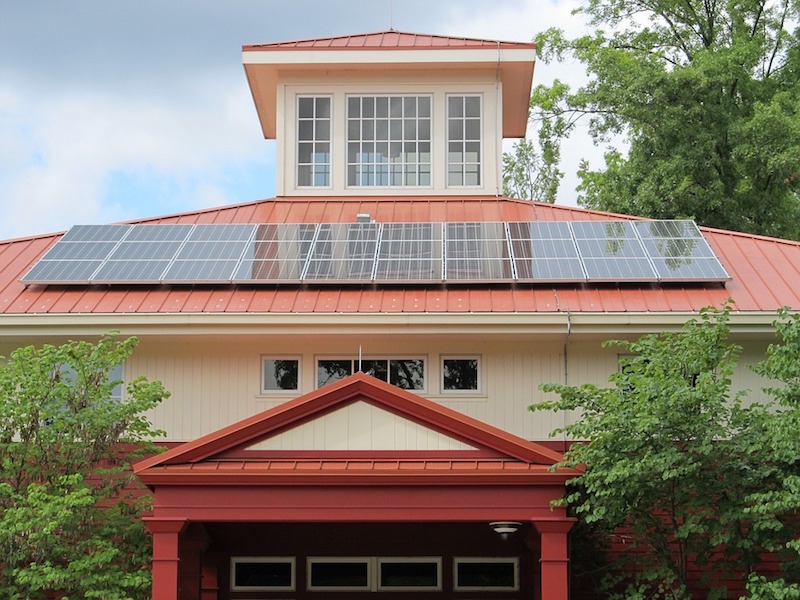Green leases, also called energy-aligned leases, have been gaining more adherents since they were introduced to the market about 10 years ago.
They are effective tools to ensure that both landlords and tenants benefit from energy and water efficiency building upgrades. Traditional leases tend to create disincentives for landlords and tenants to invest in more efficient systems and equipment.
For example, the financial savings from lower operating costs in a net-leased building go to the tenant while the landlord pays the capital costs for improvements. And, in buildings with a full-service lease structure, the landlord has incentive to keep energy costs down, but the tenant is not penalized for wasteful energy consumption.
Owners who have successfully implemented green lease programs have shared the costs of energy-saving improvements; ensured tenants build out to green standards; increased transparency by sharing access to energy consumption data and ENERGY STAR scores between tenants and landlords; and encouraged cooperation on environmental initiatives, such as recycling.
Related Stories
| Jun 21, 2012
Brazilian engineering/construction firm Odebrecht sues Florida over ban on companies doing business in Cuba
Odebrecht Construction Inc., a Brazilian engineering and construction company, is suing the State of Florida over a new law that bans governments from hiring companies with business ties to Cuba.
| Jun 21, 2012
String of shattered glass balcony panels prompts call for code reform in Ontario
Since last summer, glass balconies have shattered at 13 different buildings in Toronto.
| Jun 21, 2012
California adds window film to building code
California is the first state to add window film into its building code. Window film, a polymer material, offers cost-effective energy savings.
| Jun 21, 2012
New ISO standard to improve environmental management of concrete
A new ISO standard will help the construction industry better manage the environmental impacts of concrete.
| Jun 21, 2012
On net-zero projects, Building Teams will be held accountable for energy-efficiency performance
The building team will be held accountable for how net-zero energy buildings perform two, five, and maybe ten years after completion.
| Jun 14, 2012
USGBC co-founder launches rating system for building product manufacturers
U.S. Green Building Council co-founder David Gottfried’s new venture, Regenerative Ventures, has established a rating system for building product manufacturers.
| Jun 14, 2012
Green standard set for single-ply roofing membrane
A sustainability standard has been established for single-ply roofing membranes used on commercial buildings.
| Jun 14, 2012
Minnesota Vikings stadium plan gets legislative go-ahead
Legislation that approved the construction of a new billion dollar stadium for the Minnesota Vikings passed the Minnesota legislature.
| Jun 14, 2012
Report alleges New York’s prevailing construction wages are miscalculated, costing billions
A miscalculation in how prevailing wages are calculated in New York reportedly costs the state $3 billion a year in public-infrastructure projects.











